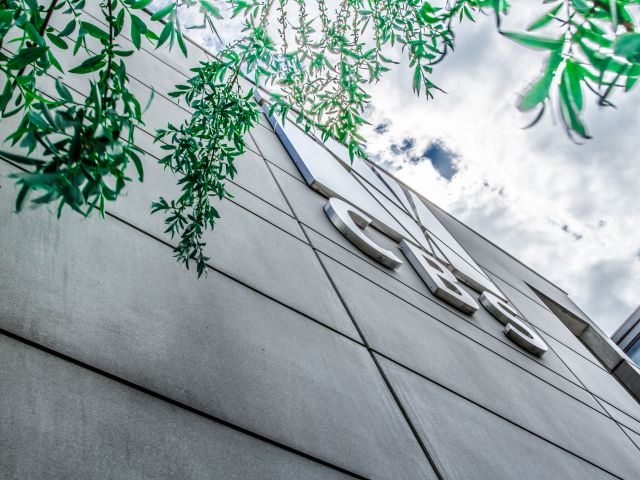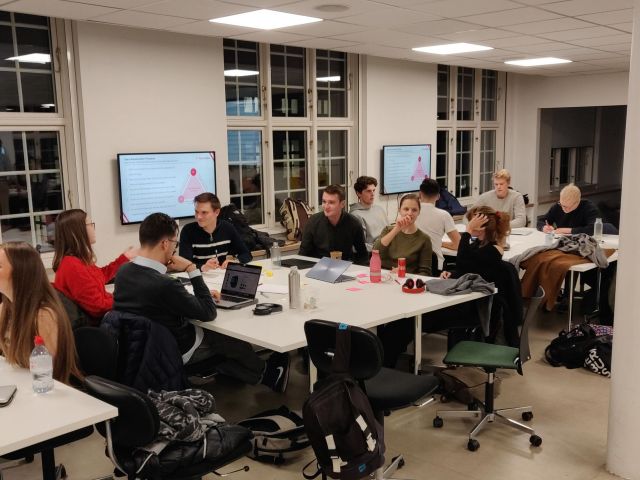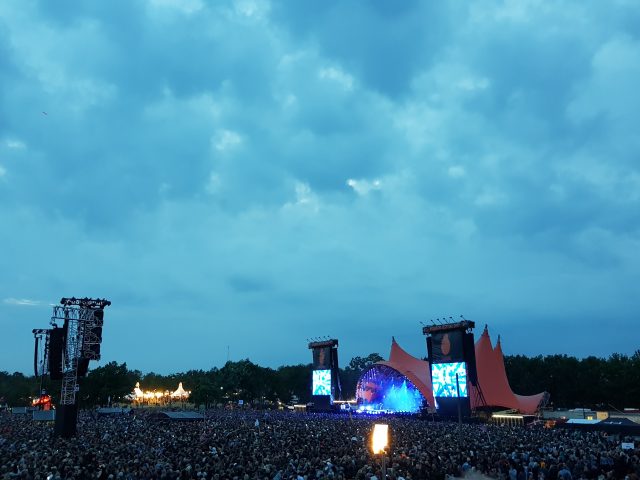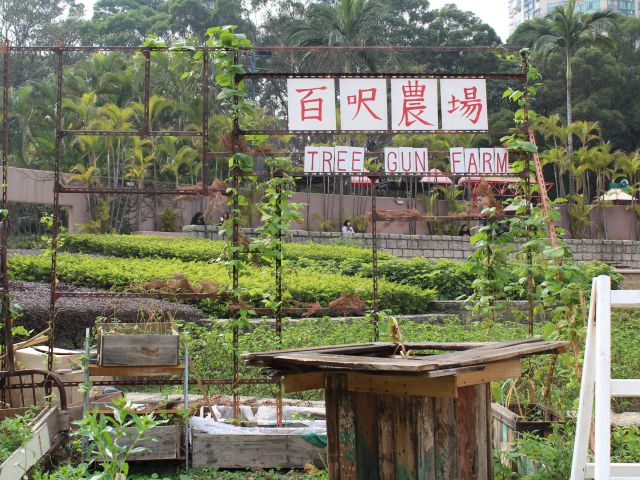A new one-year master’s degree at CBS focuses on an industry forced to its knees

(Photo by Tobias Nicolai)
Sustainable Tourism and Hospitality Management, a new master’s program, collaborates with businesses in a crisis-hit industry. And the crisis can actually make the education even more relevant, according to the program's Academic Director, Sebastian Zenker. Roskilde Festival, one of the eight collaborating companies, is excited about the initiative.
About a year ago, CBS WIRE reported the story about how CBS had applied for funding to establish a new one-year master’s degree in Sustainable Tourism and Hospitality Management (STHM).
Now, CBS is at the final stage of the application process, and having hopefully received the final green light from the government in December, the program will open for applications shortly after New Year.
“The program is already official on CBS’ website because now is around the time when students start considering what to do next,” says Sebastian Zenker, Professor and Academic Director of the program.
But even though it seems like Covid-19 has been around forever, it was not even a blip on the radar at the genesis of the one-year master’s degree.
Covid-19 – a starting point for new perspectives
Covid-19 has been an economic punch in the gut for many – especially the tourism industry.
“We know for a fact that when there is a crisis, people tend to turn to education to position themselves well in the recovery phase. After the crisis, there will be a new normal where people can travel more or less freely again,” Sebastian Zenker says.
According to numbers from the trade association Horesta, the Danish tourism industry experienced a revenue drop of DKK 6.7 billion during the summer months.
Adding to that, Horesta states that there are around 30,000 fewer people employed in the hotel, restaurant and general tourism industry on a national level.
But despite the high unemployment rates and red bottom-line figures, Sebastian Zenker is optimistic.
“And even though nobody is hiring at the moment, there will be a need for competent graduates who understand this new normal in the aftermath of Covid-19 and can help the industry back on its feet.”
A crisis such as the current one is often a starting point for developing new things and being more efficient
Besides making people educate themselves, a time of crisis usually also paves the way for change, according to Sebastian Zenker. And this can make graduates from the new master’s program attractive for the companies.
“A crisis such as the current one is often a starting point for developing new things and being more efficient,” he says at continues:
“For instance, the travelling company TUI has initiated a new strategy to make its organization digitally stronger, and to do that, they need people with fresh blood, people with new ideas and people with relevant knowledge and competences within digitalization and data-driven decision making.”
At the same time, the Director remarks that the one-year master’s degree in Sustainable Tourism and Hospitality Management can also be used as a means to further educate its current employees to equip them well for the recovery phase after the pandemic.
Therefore, he says: “Covid-19 can actually make the education even more relevant!”
Industry demands
The new program is developed at the CBS Center for Tourism and Culture Management (TCM), and according to Sebastian Zenker, after conducting a number of interviews with students, they found that a one-year degree with a more specialized focus, as opposed to a course focusing on service management in general, would be relevant.
“Given that CBS is already very strong in tourism research, and since the tourism industry opens up possibilities for close collaborations with a wide range of practitioners, we decided to focus specifically on tourism,” he says.
Since then, Sebastian Zenker and the rest of TCM have been in contact with several actors from the tourism industry including Roskilde Festival, Tui, Visit Denmark, DSB and Wonderful Copenhagen and asked them what is needed from future academic employees.
“From our conversations with the companies, we learned that there are three main areas where there’s a strong demand for new, bright and competent minds: digitalization of business operations, alternative business models and sustainable management,” he says.
Sebastian Zenker explains that although the tourism companies know that digitalization is well underway, many of them have not yet had the resources to fully digitalize their operations. Therefore, the industry has a demand for future employees who understand the logic of digitalization.
Related to that, he says, there is a need for academics who can analyze and create value from digital data.
And finally, they are interested in hiring creative graduates who can contribute to creating a sustainable environment in the industry by making long-term business models where resources are not overused.
“Thus, all in all, the program has been realized on the basis of interviews with students, and developed from a list of demands from the tourism industry, which will be recurring motifs in the curriculum of the master’s program,” Sebastian Zenker says.

“It’s a perfect time to develop our business”
Roskilde Festival is one of the eight businesses involved in the new master’s degree. It is the largest festival of its kind in Northern Europe, and at the same time one of the oldest – dating back to 1971.
The festival’s Head of Business Partnerships, Andreas Groth Clausen, is excited about the collaboration with CBS, which he thinks might help the festival to develop and provided answers to questions regarding international perspectives.
“We’re hoping that our collaboration with the program and the students will give rise to new ideas and inspiration on how we can create an even better Roskilde Festival. Both for our guests and performing artists,” he says and continues.
“And maybe we could get some ideas about how to develop our international business-to-business segment as well as discovering new possibilities for optimizing our backstage village.”
However, just like many other companies in the global business world, Roskilde Festival has been hit by the Covid-19 crisis.
This summer’s 50th anniversary of the festival was postponed, and as a consequence, the paid employed part of the organization has been reduced by approximately 30 percent since the lockdown last spring, according to Roskilde Festival’s official website.
Andreas Groth Clausen can also see several challenges caused by the current situation that the collaboration might help to solve.
“At a time like this, it’s more important than ever for us to brand and position ourselves to the outside world as exactly what we are: the largest festival in Northern Europe, and not just a primarily Danish event, which we’re often misinterpreted to be. Thereby, we can get even more international attention and possibly more international visitors in the future after the crisis,” he says and goes on:
“Furthermore, it’s important for us to begin searching for new revenue possibilities, and I think the hospitality focus and potential trades between us and other companies within that area are very interesting.”
However, at a time when everything has been put on a hold, Roskilde Festival has plenty of time for business development.
“Because of the situation right now, it’s a perfect time to develop our business. Both in the short and long term concerning aspects of tourism. And when the crisis is over, it would be great to have prepared and developed our business to be even better than before the crisis,” Andreas Groth Clausen says.
And optimizing their position for the future is exactly what companies tend to work hard on when hit by a crisis. At least if you ask Academic Director of the program Sebastian Zenker.






































































































































Comments